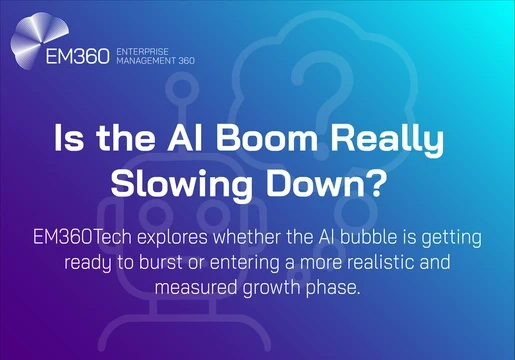The emergence of artificial intelligence (AI) is revolutionizing the way we work and live. This is particularly true for the field of product management, where AI is enabling new and more efficient ways of developing, launching, and managing products.

Traditionally, product management has been a highly manual process that involves extensive market research, customer surveys, and feedback collection. This information is then used to develop product features, identify target markets, and create a roadmap for the product's launch.
However, with the advent of AI, product managers are now able to automate many of these tasks, making the process more efficient and effective. Here are some of the ways in which AI is changing the product management landscape:
Automated Market Research
One of the most significant benefits of AI for product managers is the ability to automate market research. AI-powered tools can analyze vast amounts of data to identify trends, patterns, and customer preferences. This data can then be used to inform product development decisions and identify areas of opportunity.
For example, an AI-powered tool can analyze customer reviews of existing products to identify common complaints or areas for improvement. This information can then be used to develop new products that address these concerns.
Personalized Product Recommendations
Another way in which AI is changing product management is through the ability to provide personalized product recommendations to customers. AI-powered algorithms can analyze customer data to identify individual preferences and recommend products that are most likely to appeal to them.
This is particularly important in e-commerce, where customers are often overwhelmed with choices. By providing personalized recommendations, product managers can improve the customer experience and increase sales.
Predictive Analytics
AI-powered predictive analytics is another game-changer for product management. Predictive analytics uses machine learning algorithms to analyze historical data and make predictions about future trends.
Product managers can use this information to make informed decisions about product development, pricing, and marketing strategies. For example, predictive analytics can be used to identify the most profitable price point for a product, or to predict which marketing channels are most likely to drive sales.
Improved Supply Chain Management
AI is also changing the way product managers manage the supply chain. AI-powered tools can analyze inventory levels, demand forecasts, and supplier performance to identify areas for improvement and optimize the supply chain.
For example, an AI-powered tool can predict which suppliers are most likely to experience delays or quality issues, allowing product managers to take proactive steps to mitigate these risks.
Enhanced Customer Support
Finally, AI is changing the way product managers provide customer support. AI-powered chatbots and virtual assistants can provide customers with instant support and answers to common questions, freeing up product managers to focus on more complex issues.
AI-powered customer support can also provide valuable data on customer preferences and concerns, which can be used to inform product development decisions.
In conclusion, AI is transforming the product management landscape in many ways, from automated market research to personalized product recommendations to predictive analytics. Product managers who embrace these changes and learn to leverage AI-powered tools will be well-positioned to succeed in the rapidly evolving world of product management.







Comments ( 0 )